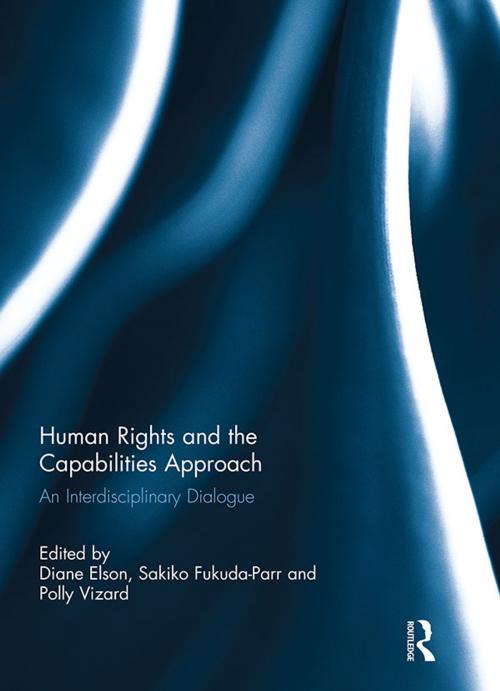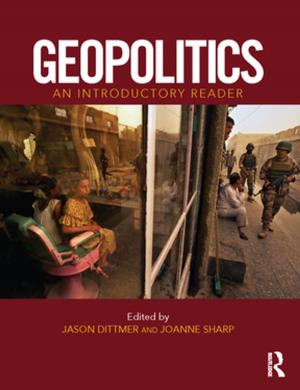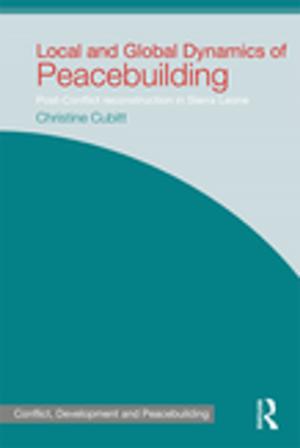Human Rights and the Capabilities Approach
An Interdisciplinary Dialogue
Nonfiction, Social & Cultural Studies, Social Science, Sociology| Author: | ISBN: | 9781317979210 | |
| Publisher: | Taylor and Francis | Publication: | June 11, 2014 |
| Imprint: | Routledge | Language: | English |
| Author: | |
| ISBN: | 9781317979210 |
| Publisher: | Taylor and Francis |
| Publication: | June 11, 2014 |
| Imprint: | Routledge |
| Language: | English |
Among several contesting views about the purpose of development and how progress should be evaluated, human rights and capabilities (or human development) stand out as two approaches that are concerned first and foremost with the well-being of individuals, their freedom, dignity and empowerment. These two approaches contrast sharply with the dominant development frameworks that emphasize economic growth as the essential objective. Though human rights and capabilities share these common commitment to human priorities, they are distinct concepts and fields that have developed separately. The aim of this volume is to explore the relationship between them in order to enhance the understanding of both as theoretical paradigms, as public policy frameworks and as approaches to development.
The book includes contributions from some of the leading scholars in the two fields of capabilities approach and human rights. It covers the essential aspects of this relationship: addressing the complementarities between human rights and capabilities as theoretical concepts; how the concept of capabilities can contribute to resolving some key theoretical issues in human rights; how the social science analysis and methods of the capabilities approach can clarify human rights concepts and strengthen human rights advocacy; and how human rights norms can strengthen public policy and mobilize collective action to demand greater accountability in placing human priorities first in public policy. Human Rights and the Capabilities Approach raises many questions for further inter-disciplinary conversation and further research.
This book was originally published as a special issue of the Journal of Human Development and Capabilities, and has been expanded with two additional articles from this journal and a new foreword by Professor Amartya Sen.
Among several contesting views about the purpose of development and how progress should be evaluated, human rights and capabilities (or human development) stand out as two approaches that are concerned first and foremost with the well-being of individuals, their freedom, dignity and empowerment. These two approaches contrast sharply with the dominant development frameworks that emphasize economic growth as the essential objective. Though human rights and capabilities share these common commitment to human priorities, they are distinct concepts and fields that have developed separately. The aim of this volume is to explore the relationship between them in order to enhance the understanding of both as theoretical paradigms, as public policy frameworks and as approaches to development.
The book includes contributions from some of the leading scholars in the two fields of capabilities approach and human rights. It covers the essential aspects of this relationship: addressing the complementarities between human rights and capabilities as theoretical concepts; how the concept of capabilities can contribute to resolving some key theoretical issues in human rights; how the social science analysis and methods of the capabilities approach can clarify human rights concepts and strengthen human rights advocacy; and how human rights norms can strengthen public policy and mobilize collective action to demand greater accountability in placing human priorities first in public policy. Human Rights and the Capabilities Approach raises many questions for further inter-disciplinary conversation and further research.
This book was originally published as a special issue of the Journal of Human Development and Capabilities, and has been expanded with two additional articles from this journal and a new foreword by Professor Amartya Sen.















